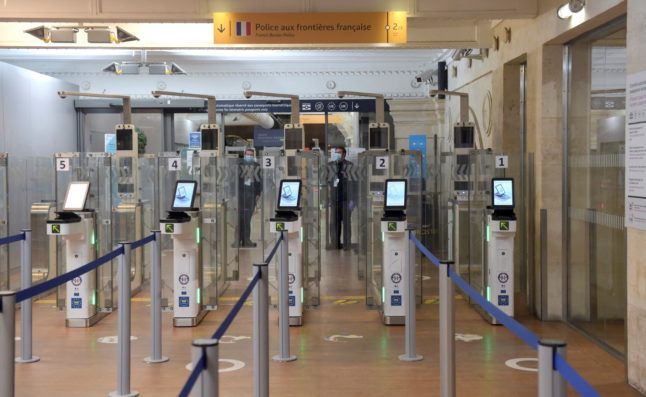Under France's strict coronavirus lockdown virtually no travel was allowed in France, but when the rules began to be loosened from May 11th people were allowed to travel around the country again – but only within 100km of their homes.
Travelling further than 100km from home required an essential reason – crucial work, urgent family reasons and the like – and a permission form.
Failure to stick to these rules can net you a €135 fine and police have made more than 200,000 traffic stops to check papers since May 11th.
But from Tuesday, June 2nd this restriction will be scrapped and people can now travel freely within France.
Restrictions in international travel remain – find out more here.
However, when announcing the changes as part of the move to 'phase 2' of lifting lockdown, Prime Minister Edouard Philippe urged people to continue to show caution.
“The less we move around, the less we spread the virus,” the PM cautioned.
“I call on all French to show the same kind of responsibility as they have been showing throughout the crisis.”



 Please whitelist us to continue reading.
Please whitelist us to continue reading.
Member comments